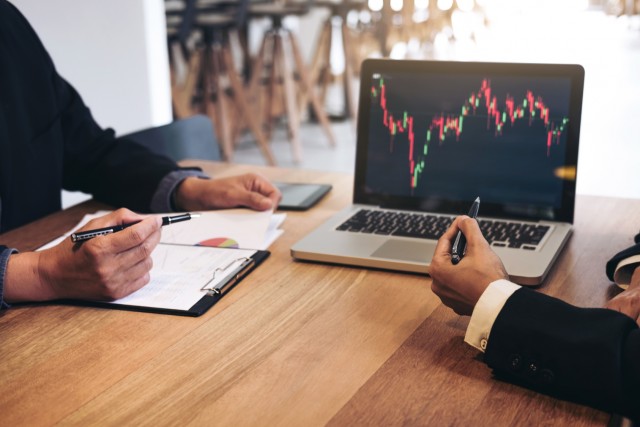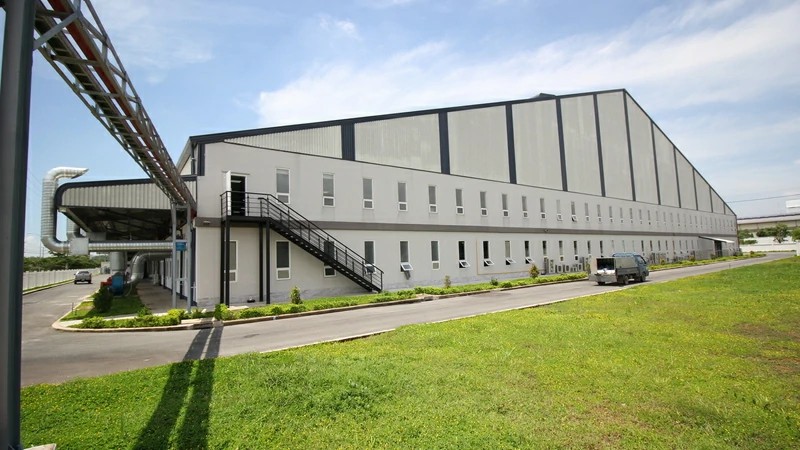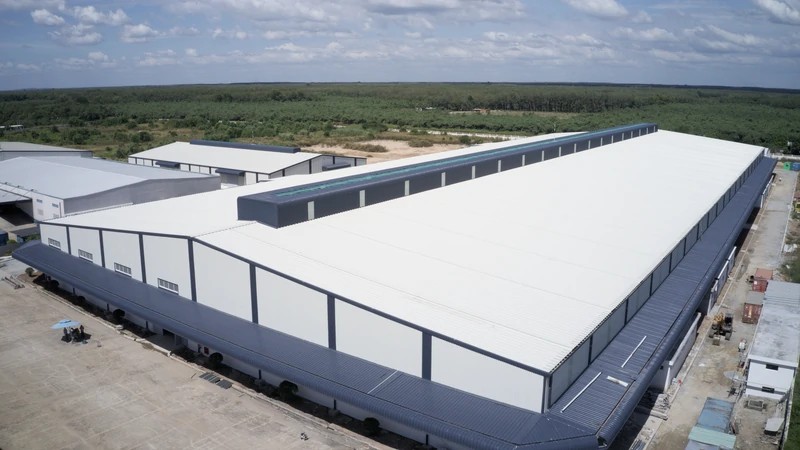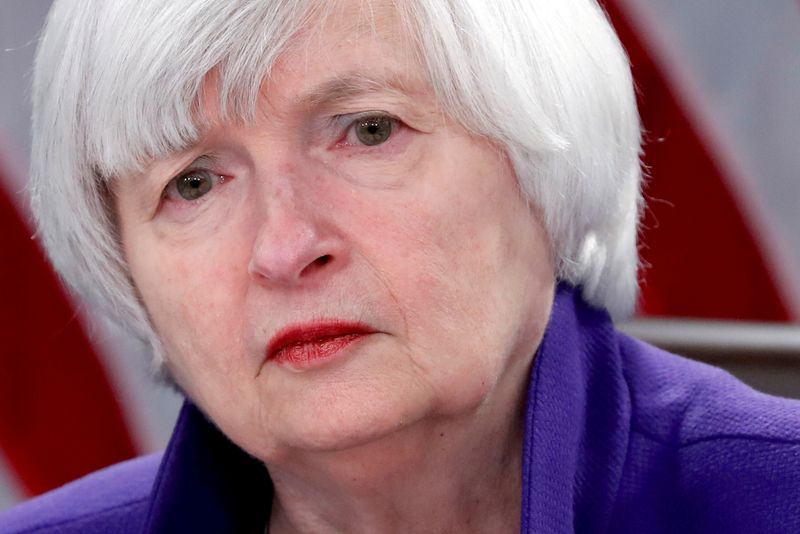How do trading companies work?
Trading companies are businesses working with different sorts of products that are sold for consumer, business, or government purposes. Trading companies buy a specialized range of products, maintain a stock or a store, and deliver products to customers.

Different sorts of practical conditions bring many sorts of business. Usually, two sorts of businesses are defined in trading. Importers or wholesalers maintain a stock and deliver products to shops or large end customers. They add an outsized geographic area, while their customers, the shops, add smaller areas and sometimes in only a little neighborhood.
Today “trading company” mainly refers to global B2B traders, highly specialized in one goods category and with a robust logistic organization. Changes in practical conditions like faster distribution, computing, and modern marketing have led to changes in their business models.
What are types of trading companies?
Generally, there are three types of trading companies:
- Commission-based brokers – this is often the foremost accessible sort of trading business to start out and operate. Your job is to match buyers and sellers, and, along the way, take a commission whenever you complete a transaction or trade. during this business, you believe in your contacts and your market knowledge. If you learn that an exporter must move 50,000 plenty of wheat and you recognize that Russia had a weak harvest thanks to inclemency, you ought to haven’t any trouble finding a buyer for the wheat in Russia. you’re not liable for the exporter getting paid, but you’ve got an interest within the transaction because the vendor can pay your commission upon completion of the transaction.
- Retainer brokers – In some instances, an exporter will ask a trader to help within the sale of a product or commodity that’s difficult to sell or that there’s a little market. The trader will comply with find buyers on an ongoing basis and earn a monthly or quarterly retainer (or advance) against future commissions that are due when a transaction closes.
- Principal or Distributor – A principal or distributor operates within the import/export business once they buy a product or commodity for the only purpose of reselling the products at a profit. during this case, additionally, to using their network and market knowledge, they also use their capital. for instance, a plumbing supply distributor in Des Moines, Iowa knows of a considerable construction water and sewer project arising early next year. He believes that he will have a competitive advantage in winning the bid for the pipe if he buys the pipe now when prices are at their recent lows. He purchases plastic pipe manufactured in China in bulk.
An important reminder is that there are always two sides (and sometimes more) to each trade transaction which one side of a transaction could be a broker and therefore the other side could be a principal. it’s also important to recollect that each international transaction involves documents, shipping, insurance, and financing. Some traders will want to be involved in completely aspects of a trade, and a few will only want to broker a deal and let others handle the opposite aspects.
How do trading companies make money?
The trading companies can make Money by discovering the small spreads between the costs offered by buyers and sellers, or by trading on any gap between the futures exchange and stock prices.) Brokers and trading companies say this process leads to a far better deal for retail investors.

In short, they buy, stock, transport, process, and sell commodities from an area of surplus to an area of deficits. the large trading players like Vitol, Cargill, Trafigura, Olam, Mercuria, Louis Dreyfus, Glencore, etc… always pivot their business model around those activities.
They are integrated at the serval stage
- Production with mines and JV
- Logistics with terminals and vessels
- Processing at Impala’s facilities
- Downstream outlets with Puma energy (not on the above pie chart)
Having this model in mind, during this blog post, I’m getting to explain the foremost common way physical commodity trading firms make money.
Geographic Arbitrage
Each market features a different supply & demand relation. Therefore discrepancies happen when a product is undervalued in a neighborhood compared to a different one. Two commodities at 10 km of distance might be priced differently…! Traders with a healthy network and deep knowledge of every area could exploit the worth difference to their advantage. Information is capital to form your move before the opposite market participants see the chance.
Time Arbitrage
There are multiple ways to use the time to extract profit. a standard way is to beat the market in terms of carrying charge. Let’s say a commodity cash price is 100 USD/MT. the longer term market value for delivery in 3 months is 108 USD/MT. If your cost to hold is 2 USD/MT per month. you’ll buy today at 100USD/MT + 6 USD/MT of cost and sell the derivative instrument at 107 USD/MT to secure 1 USD/MT of profit. You can find the complete formula on Wikipedia “Cost of carry”
Quality Arbitrage
Commodities aren’t that fungible…! there’s 20 sort of wheat and as many sorts of petroleum as oil fields. as an example, a refinery could use for feedstock Nigerian bonnie light but won’t be ready to process heavy Venezuelan crude. Not every commodity is that the same!
Let’s get an unusual model, 25kg piece of butter. 25kg block of butter is traded on 3 futures exchanges (NZX, CME, and EEX). to form it simply a butter might be whitish or yellowish. Usually, yellowish butter is far more appreciated as it’s a symbol that the cows are fed outside with fresh green grass. Therefore, traders knowing exactly a client requirement could patronize a small discount a whitish butter to sell at the complete price to a customer with no specific requirement for color ( full disclosure: it’s not that easy, but you get my point)
Below different images drawn from Trafigura’s showing the many sorts of arbitrage, here they call “technical arbitrage” which I name “quality arbitrage”.
Which are the top trading companies in the world
Robinhood is one of the biggest trading companies in the world
Robinhood may be a free-trading app that lets investors trade stocks, options, exchange-traded funds, and cryptocurrency without paying commissions or fees. In its early stages, Robinhood stood out together of the sole brokers offering free trades. But with many big-name online brokers eliminating trading commissions and costs, Robinhood has had to seek out other ways to face out, which in 2021 includes a replacement recurring investments feature. That said, it’s still a solid choice, and currently, it’s one among the few brokers that provide investors the chance to trade cryptocurrency.

Robinhood appears in both web and mobile trading, but the platforms are purposely bare-bones, and a few investors may find the range of tradable protection and account options lacking.
Branch: New Zealand
Revenue: 1M-5M
Founded Year: 1974
TradeStation
TradeStation is a top-notch choice for earnest investors exploring a truly professional-level trading skill. In fact, at one time TradeStation catered solely to professional brokers and money managers. Now, regular investors have access to the firm’s high-octane tools, especially after the company cut trading costs to $0 and lowered the minimum investment to $0 for its TS GO offering.

Less attractive to new investors will be the broker’s upgraded TS Select plan, which requires a $2,000 initial investment but gives access to the broker’s full suite of tools, and free trades from the powerful TradeStation 10 Desktop platform.
Branch: New Zealand
Founded Year: 2018
Interactive Brokers
Interactive Brokers has long been a well-liked broker for advanced traders, but in 2019 the corporate launched a second tier of service — IBKR Lite — for more casual investors.
With IBKR Lite, you get unlimited free trades of stocks and exchange-traded funds that are listed on U.S. exchanges. If you’re curious about trading other investments, including options, futures, mutual funds, fixed income, and more, you’ll do this on 135 exchanges in 33 countries with a Lite account, but the trading costs are going to be equivalent as what IBKR Pro investors pay.

As the name implies, IBKR Pro is regulated by advanced traders. If that’s you, you’ll likely just like the broker’s per-share pricing of $0.005 per share (the minimum is $1), advanced trading platform, an unmatched range of tradable securities — including foreign stocks — and ridiculously low margin rates.
Both ranges of service have a $0 account lowest and offer partial shares of stock. IBKR Lite has no account sustenance or inactivity fees. IBKR Pro requires an inactivity fee, though it’s possible to skirt that if you trade moderately generally.
Branch: Japan
Revenue: 5M-10M
TD Ameritrade
TD Ameritrade requires a $0 minimum investment and delivers standout features, including extensive — and free — research and data, portfolio-building guidance, $0 commissions for the stock, options, and exchange-traded fund trades, and nearly 300 branches for in-person customer support. Investors have a choice of 4 trading platforms.

In October 2020, Charles Schwab completed its acquisition of TD Ameritrade, but the mixing of the 2 companies is predicted to occur over the subsequent 18 to 36 months.
Branch: Singapore
Founded Year: 2017
E*Trade is one of the best trading companies in the world
E TRADE offers value to both beginner investors and frequent traders with a library of educational resources, professional-level trading platforms, and tools to assist assemble a risk-appropriate, balanced portfolio. Active traders will appreciate the firm’s $0 commission for all stock, ETF, and options trades.

In October 2020, Morgan Stanley completed a $13 billion deal to get E*TRADE; the brokerage will still operate under the E*TRADE name and there are not any changes to current prices, tools, or offerings.
Branch: Australia
Conclusion
Technology innovation over the past two decades has not only changed the way the markets work but has had a meaningful impact on the careers of financial services professionals. Some, whose only goal in college was to become a trader, have found themselves now as fintech founders. Others who went to engineering and technical schools and hoped to build microchips and airplanes have found themselves taken in by the excitement of Wall Street.

The final in a three-part series made possible by Refinitiv, we will examine the impact of technology on the people that make the capital markets work. The story is primarily one of opportunity and positive change, with automation helping more than hurting the day-to-day lives of most in the market. But as with most things in life, those willing to adapt to the new reality are ultimately those most fulfilled by their work.
Five years into the future, financial services work will be a true merger of the best of both humans and machines. The majority of people will program in some way—or at least have a basic understanding of how to. Investing and trading arrangements will still tilt approaching human inspiration, but data summary and trade performance will more often see computer automation take the lead. Even in those markets for which bilateral negotiations are still required, the majority of those conversations will be captured digitally, reducing errors and keeping compliance departments happier than they are today. Ultimately, capital markets are still run for people by people, but accepting the changing nature of that work is key to all who hope to move their career forward.









